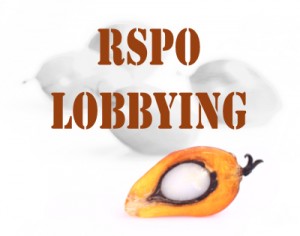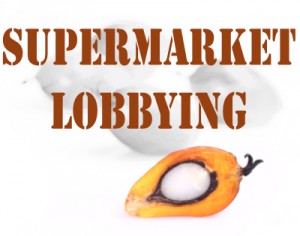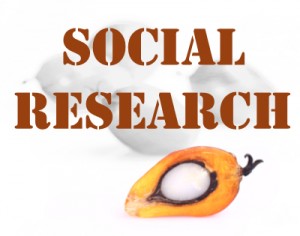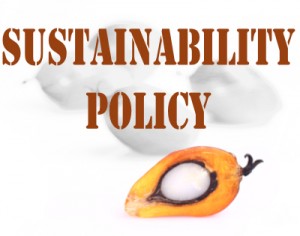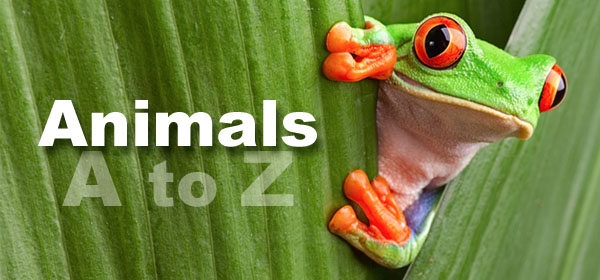What is the problem?
Vegetable oils are an extremely common ingredient in so many household goods, from baked goods to cosmetics, and it is thought that around 50% of supermarket products contain a specific type of vegetable oil, derived from the oil palm. This is an incredibly productive and efficient plant in producing oil, however the global demand for it has pushed growers in to illegal territories by chopping down areas of the rain forest which they are not licensed for and building new roads through habitats to connect their plantations and processing plants.
Animals die every day and the rain forests get smaller and smaller as a result of this constant need for the industry to increase. As global demand for this product increases, the (often) poorer tropical countries where production can be very lucrative will continue to exploit this source of income. However whilst this problem is unlikely to go away, there are numerous ways in which we can decrease the impact which it has on the natural world.
Where is the problem?
Palm oil is produced in:
- Indonesia, Malaysia, India, the Philippines and Thailand in Asia
- Nigeria, Democratic Republic of Congo, Angola, Guinea, Benin, Cameroon, Liberia, Sierra Leone, Togo, Senegal, Kenya, Cote D’ivoire and Ghana in Africa
- Dominican Republic in the Caribbean
- Papua New Guinea in Oceania
- Colombia, Guatemala, Ecuador, Honduras, Brazil, Mexico, Costa Rica, Peru and Venezuela in Central and South America.
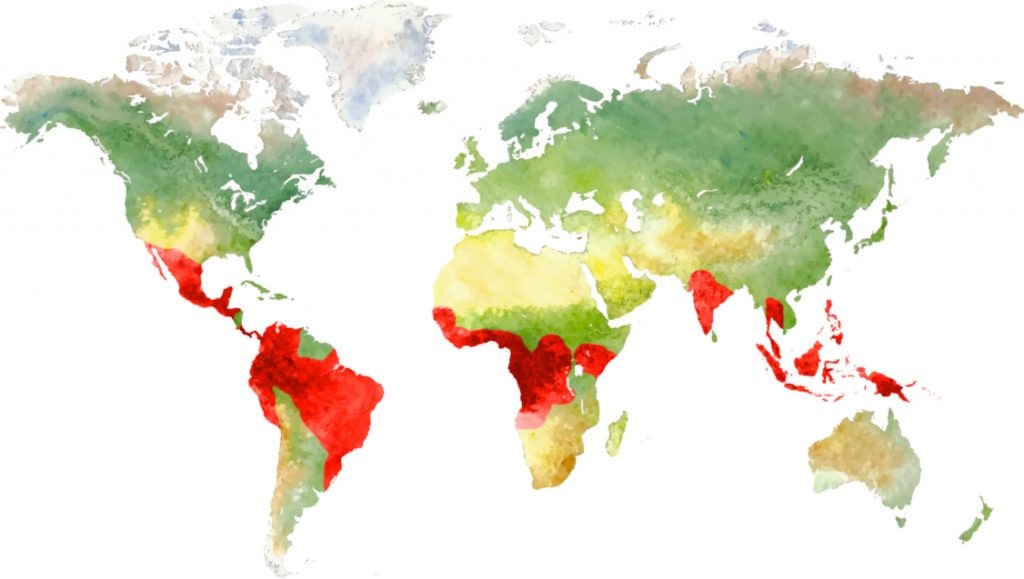
This is where the industry causes the most damage as this is where the rain forests are being cut down to make room for plantations, however we consume it all over the world so this is truly a global issue which we can all act on by doing our part on a local level.
How are we trying to solve it?
The issue of palm oil production and its demand is not likely to go away any time soon. Whilst there is research being done by people in to the production of vegetable oil derived from algae, palm oil remains the most productive (per hectare) vegetable oil crop in the world. Whilst this is the case our focus should not be on bringing an end to palm oil production but to decrease the environmental impact by focusing on sustainable palm oil production.
Why “Operation Tropical Oil Slick”?
When an oil tanker goes aground or suffers some other kind of damage while at sea, or an oil line under the ocean ruptures, the effects can be devastating, and the ocean is left murky and in the dark in that area. The palm oil industry has the potential to have the same effect but in the tropical rain forests which surround and are being replaced by the oil palm plantations. The industry, in it’s uncontrolled and unchecked instances is devastating wildlife and making their homes uninhabitable. We on the other hand, when we’re making our choices in the shops, trying to do the right thing, are left somewhat in the dark in regard to exactly how much we are helping and how we can do more. We want to clear this oil slick and shed some light on the underlying issues.
